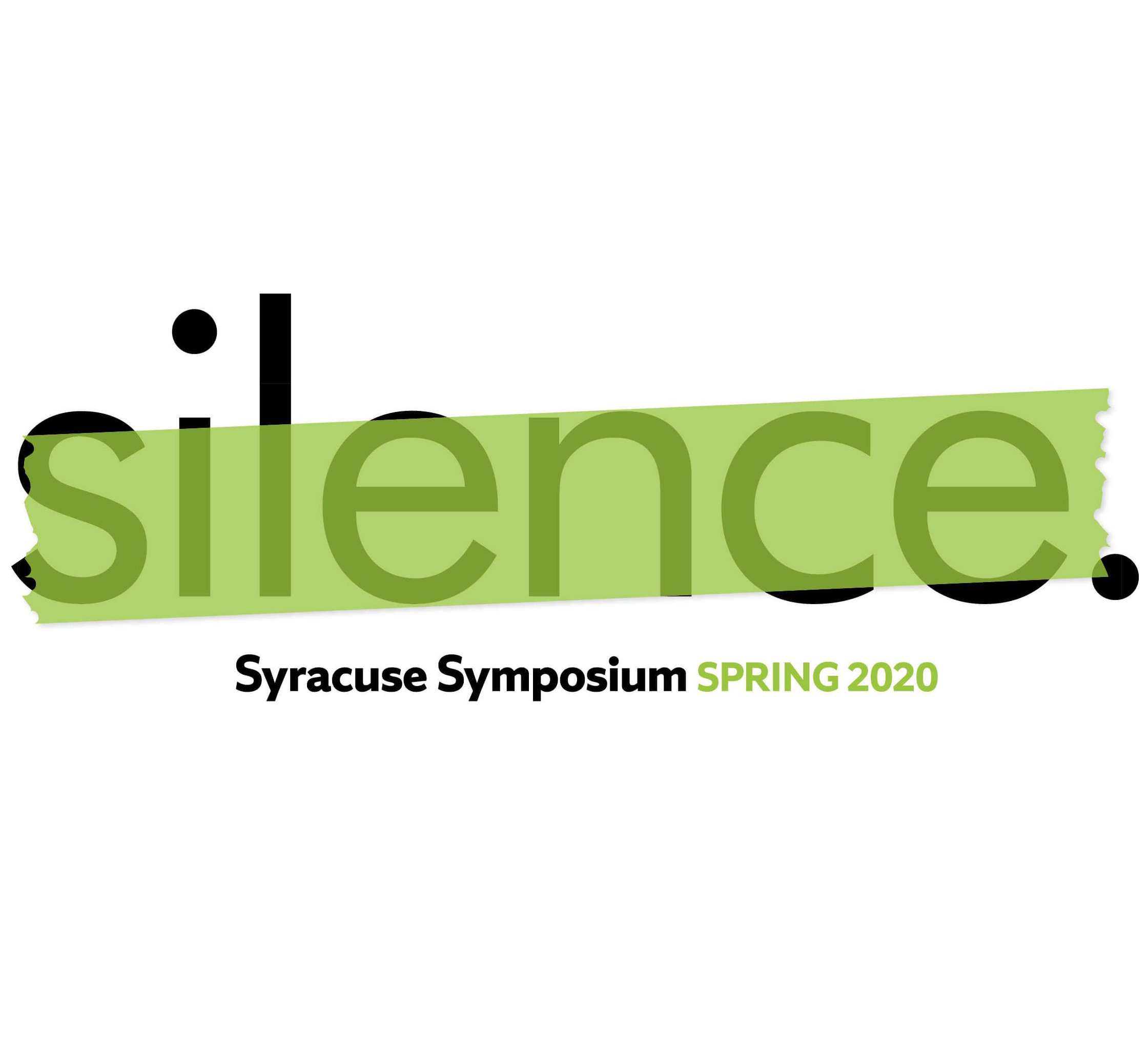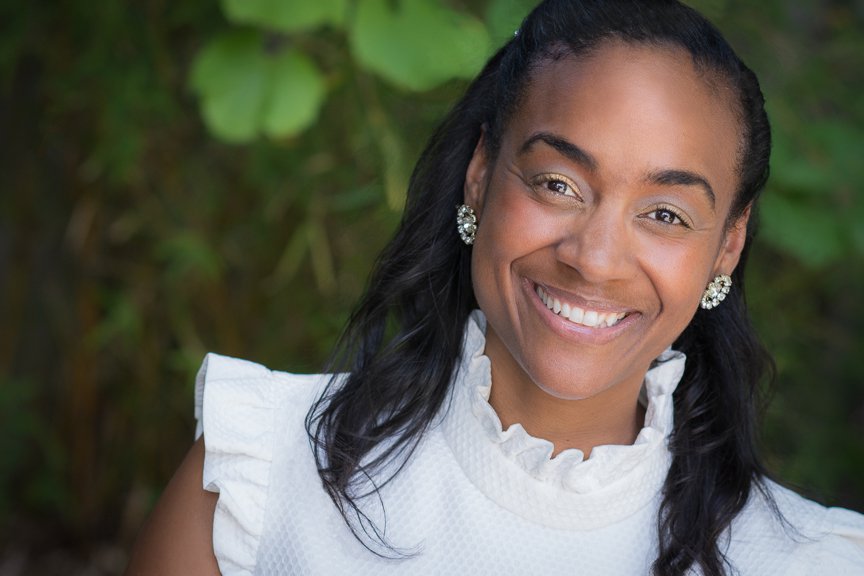Humanities Center Spring Preview
Spring events explore "silence" and restorative justice.

This spring, the Syracuse University Humanities Center will host a diverse selection of events that take up a range of contemporary issues and enduring social questions. Humanities Center programs are open to all faculty, staff, students and community members.
Syracuse Symposium - Silence
Each year, Syracuse Symposium explores the humanities through lectures, workshops, performances, exhibits and more. This year’s theme is “Silence,” with numerous spring events unpacking silence’s many meanings and possibilities. For some, silence might signify tranquil stillness, while for others it might mean forced censorship or suppression.
Explore aspects of silence through some of this semester’s offerings, including:
- Medical humanities and disability studies - Graphic Medicine: Can Comics Improve Our Health? Nurse and cartoonist MK Czerwiec discusses how comics can help improve a person’s health by making health education more engaging. Czerwiec’s presentation is from 4 to 6 p.m., Jan. 23 at SUNY Upstate Medical University, New Academic Building 4414BC.
- African American music and political history - Concert by the American Spiritual Ensemble. Under the direction of Everett McCorvey, Ph.D., the American Spiritual Ensemble performs American Negro Spirituals and music of the Black Experience from 4 to 5:30 p.m., March 8, in Hendricks Chapel. The performance is part of the chapel’s “Music and Message” series and also is supported by the CNY Humanities Corridor.
- Art and contemplation - Seeing, Drawing, Silence. Bradford C. Grant, professor of Architecture at Howard University, explores how drawing can be a foundation for mindfulness and reflection. Grant’s presentation will be from 4:30 to 6 p.m., March 30 in the Peter Graham Scholarly Commons, 114 Bird Library.
- Media and Middle Eastern studies - This semester’s Ray Smith Symposium, supported by the College of Arts and Sciences and the Humanities Center’s Syracuse Symposium, features a talk by Ella Shohat, Professor of Art and Public Policy and Middle Eastern and Islamic Studies at New York University. Shohat will discuss “Muslim Spaces, Jewish Pasts: Genealogies of the Split Arab / Jew Figure” on April 23 from 4:30 to 6:30 p.m. in the Kilian Room, 500 Hall of Languages.
See the full list of spring events on the Center’s website. Many events, including the ones above, also offer a companion workshop or hands-on experience for more in-depth engagement. The Center is now accepting proposals for next year’s symposium, “Futures.”

Jeannette K. Watson Distinguished Visiting Professor in the Humanities - Maisha T. Winn
Later this spring, the Humanities Center will welcome Maisha T. Winn, Chancellor's Leadership Professor and Co-Director of the Transformative Justice in Education Center (TJE) at UC Davis, as this year’s Jeannette K. Watson Distinguished Visiting Professor in the Humanities. She considers how restorative justice models (which acknowledge intersections of injustice, begin to repair harm, and avoid inflicting additional harm) have the potential to change languages, literacies, and social relations across our schools, institutions and communities.
Winn’s residency entails two campus visits, March 9-13 and April 6-10. Events include public talks, book circles, community workshops and more. The Jeannette K. Watson Distinguished Visiting Professorship in the Humanities was established by the Watson family to support on-campus residencies of prominent humanities scholars, writers and artists.
Annually, the Humanities Center supports humanities research by offering Faculty Fellowships, Dissertation Fellowships, and Public Humanities Graduate Student Fellowships (for a full list of this year’s fellows, visit the Fellowship opportunities page). The Center also supports a wide array of collaborative research across the region, by faculty, staff, and students, via the Central New York Humanities Corridor, whose administrative home is at the Center. The Corridor is supported by an award from the Andrew W. Mellon Foundation.
Founded in 2008, the Humanities Center is located at the heart of campus in the historic Tolley Humanities Building: all are welcome to stop by to learn more about all the Center and Corridor have to offer.
Media Contact
Dan Bernardi
